Pronouns often cause problems when learning Italian. In this article, we will learn Italian indirect pronouns, what the indirect object is, and some common verbs that have the indirect object.
INTRODUCTION: WHAT IS THE INDIRECT OBJECT
The indirect object (it. oggetto indiretto) is marked by the preposition A and answers the question a chi? (to whom?). For example, in the sentence Fiona regala un libro a Emma, a Emma is the indirect object:
Fiona regala un libro a Emma.
A chi regala Fiona un libro? – A Emma.
The indirect object is preceded by the preposition A, so it indirectly follows the verb. That is why it is called indirect object.
| Fiona | regala | un libro | a Emma |
| SOGGETTO | VERBO | OGGETTO DIRETTO – COSA? | OGGETTO INDIRETTO – A CHI? |
The indirect object can be expressed by a noun (e.g. a Emma, alla sua amica) or a pronoun, which is therefore called an indirect object pronoun or simply an indirect pronoun (e.g. le). Pronouns are short words that usually replace a noun to avoid repetition. In the following example, a Emma is replaced by the indirect object pronoun le. The pronoun is placed before the verb.
| Fiona regala un libro a Emma. | Fiona gives Emma a book. |
| Fiona le regala un libro. | Fiona gives her a book. |
ITALIAN INDIRECT PRONOUNS
Pronomi indiretti
| SOGGETTO | PRONOMI INDIRETTI | |
| io | mi • a me | to me |
| tu | ti • a te | to you |
| lui lei | gli • a lui le • a lei | to him to her, to you (formal) |
| noi | ci • a noi | to us |
| voi | vi • a voi | to you (all) |
| loro | gli • a loro | to them (m | f) |
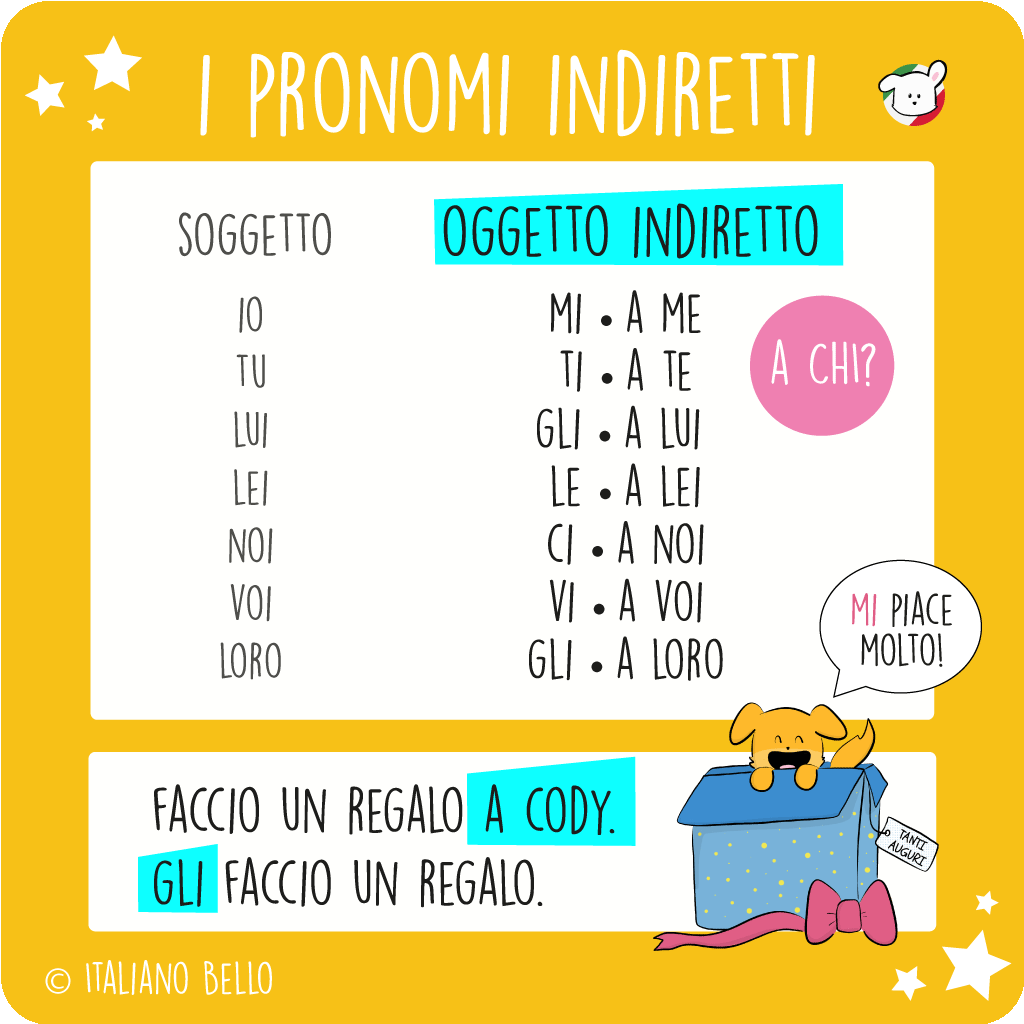
MI or A ME?
In normal sentences, the pronouns mi, ti, gli, etc. are always used (they are called unstressed pronouns, in Italian pronomi atoni). The pronouns a me, a te, a lui, etc. (which are stressed pronouns, called pronomi tonici in Italian) are used in the following cases:
- For juxtapositions and highlighting the person: A lei piace la pizza margherita, a lui la quattro formaggi.
- For questions, if the verb is missing: Mi sembra una buona idea, e a te?
- After anche and neanche: Non mi piacciono i film western. – Neanche a me.
VERBS WITH THE INDIRECT OBJECT
Some verbs in Italian are followed by the indirect object, that is, you can ask a chi? to whom? Here is a small list of common verbs with indirect object:
| WITH A NOUN | WITH THE PRONOUN | ||
| PIACERE | to like | A Fiona piace la pizza | Le piace la pizza |
| MANCARE | to miss | A Stefan manca l’Italia | Gli manca l’Italia |
| SEMBRARE | to seem | A mia mamma sembra una buona idea | Le sembra una buona idea |
| DARE | to give | Do un fiore a mia nonna | Le do un fiore |
| REGALARE | to give as a gift | Regalo un libro ai miei nonni | Gli regalo un libro |
| FARE UN REGALO | to make a gift | Faccio un regalo ai miei nonni | Gli faccio un regalo |
| DIRE | to say | Dico alla mia amica che ci vediamo domani. | Le dico che ci vediamo domani. |
| CHIEDERE/DOMANDARE | to ask | Chiedo/Domando a Fiona se ha un gatto | Le chiedo/domando se ha un gatto |
| RISPONDERE | to answer | Rispondo a Fiona | Le rispondo |
| TELEFONARE | to call | Telefono ai miei nonni | Gli telefono |
| FARE MALE | to hurt | Al mio amico fa male la testa | Gli fa male la testa |
| VOLERE BENE | to love (as a friend) | Voglio bene a mio fratello | Gli voglio bene |
| SPEDIRE | to send | Spedisco una cartolina a mia mamma | Le spedisco una cartolina |
Esempi
Some examples to better learn the Italian indirect pronouns.
| Mi piace essere in vacanza, ma mi manca la mia casa. | I love being on vacation, but I miss my home. |
| Ti piace il mare o preferisci la montagna? | Do you like the sea or do you prefer the mountains? |
| La receptionist parla con Fiona, poi le dà la chiave della camera. | The receptionist talks to Fiona, then gives her the room key. |
| Lucia non vuole andare nel bosco, non le sembra una buona idea. | Lucia doesn’t want to go into the woods, it doesn’t seem like a good idea to her. |
| I bambini stanno volentieri dai nonni. Gli vogliono tanto bene! | Children enjoy staying with their grandparents. They love them so much! |
| Vi chiedo un favore. | I’m asking you for a favor. |
Esercizio
Write the Italian indirect pronouns.
Impara di più!
GRAMMATICA: The DIRECT pronouns
VOCABOLARIO: 150 useful words (A1)
STORIE: Read a story in Italian
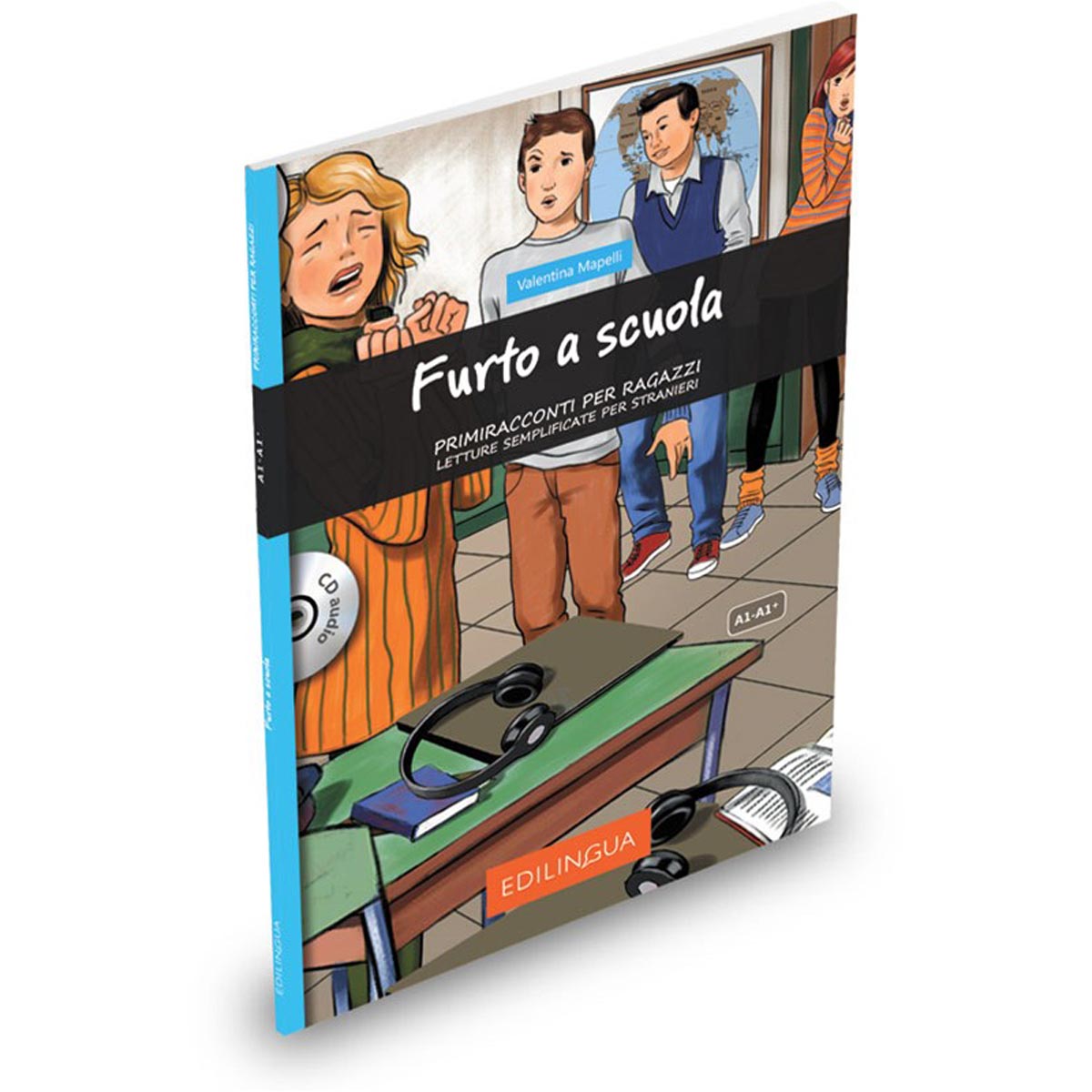
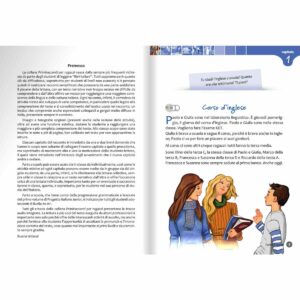

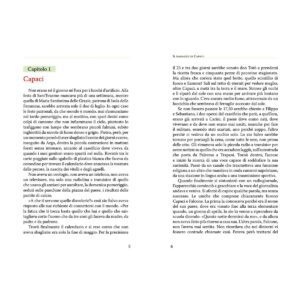
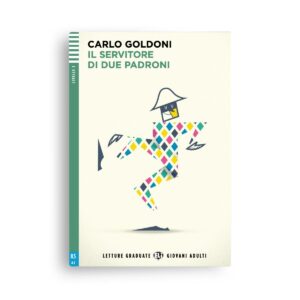

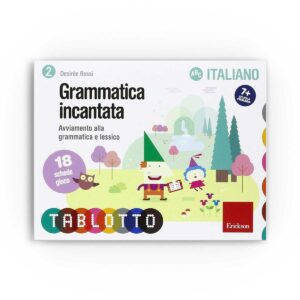



One thought on “Indirect pronouns”
Mi picace moltissimo questo sito! I love this site!